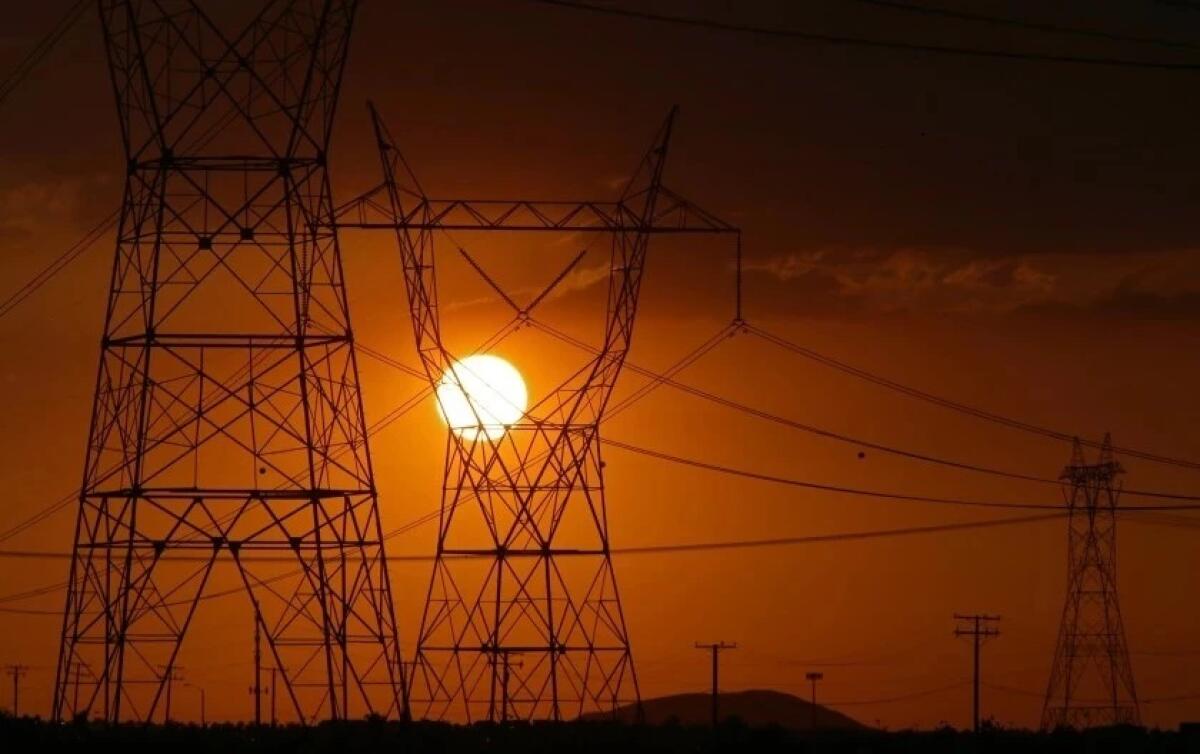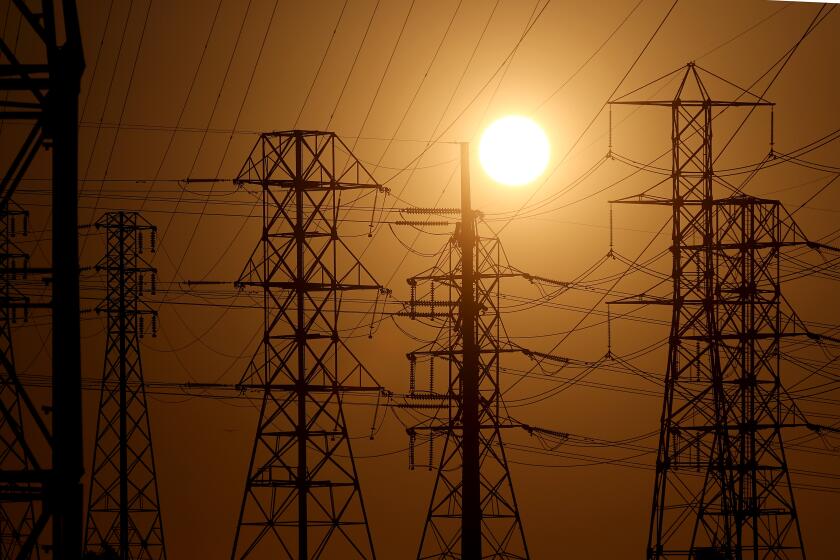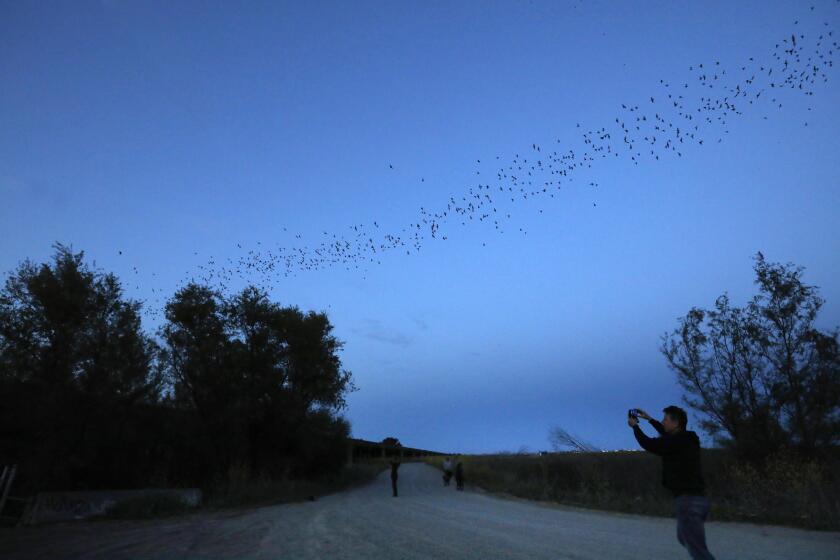Grand jury slams O.C. Power Authority’s inexperienced leadership, lack of transparency

The Orange County Power Authority, a community choice energy program, has found itself firmly entrenched in controversy less than two years after forming.
Brian Probolsky, the agency’s chief executive, filed a whistleblower complaint in May after authority board member Dan Kalmick attempted to call a special meeting over the future of his leadership.
Member cities belonging to the green power alternative have turned against the agency since.
Irvine voted to conduct an audit of OCPA and its response to public information requests; Huntington Beach supported the move while taking a vote of no confidence in Probolsky.
Amid the acrimony, the Orange County grand jury released “Orange County Power Authority: Come Clean,” a June 24 report ripping the agency for the inexperienced leadership at its helm as well as an overall lack of transparency.
The grand jury first began its investigation in 2021 after public criticism about OCPA’s formation and activities sounded from those who advocated for sustainable energy alternatives themselves.
“In recognition of the fact that OCPA manages a very large budget and commits to long-term power contracts worth hundreds of millions of dollars,” the report read, “the [grand jury] is particularly concerned that OCPA is operating without in-house leadership with sufficient expertise to oversee the very complex decisions involved in energy planning and transactions.”
The agency counts Irvine, Buena Park, Huntington Beach and Fullerton as member cities. It started providing power to commercial customers in April; residential customers are slated for service in October.
Irvine contributed $7.5 million to get the agency off the ground as the county’s first green power alternative to SoCal Edison and San Diego Gas and Electric. OCPA held its first board of directors meeting in December 2020.
According to the report, OCPA’s general counsel presented the board with single candidates for the CEO and chief operating officer positions soon after.
“Inexplicably, the position descriptions for COO and CEO were not made publicly available prior to the hiring decision,” the report found. “The job descriptions also lacked any requirement for prior education, experience, knowledge of the electrical utility or energy industry, or CCEs.”
The grand jury characterized recruiting efforts as “minimal at best” and deemed the hiring process as outside the bounds of best practices.
On Jan. 12, 2021, the board voted to approve Probolsky as CEO despite his not having any related industry experience.
The hiring decision put OCPA in a unique position with regard to other CCE programs in the state.
The grand jury offered a chart showing the level of industry experience that chief executives held at the time of their hiring at 15 other CCE programs. All came into the job with at least 10 years of experience; OCPA stood alone in its hiring of Probolsky, who had no prior experience.
By contrast, Antonia Castro-Graham, OCPA’s former chief operating officer, came in with “strong and extensive background in the clean energy field” but resigned less than a year into her tenure. “Despite her job description, the COO was not given a role in the process of vetting, retaining, or working with outside contractors critical to OCPA’s operations.”
That left Probolsky in charge of a $34-million budget with significant signing authority and without meaningful oversight or OCPA governing bylaws, a situation described by the report as him enjoying “nearly unchecked authority.”
Since the Orange County Power Authority was formed less than two years ago, the county’s first community choice energy program has faced scrutiny for transparency issues and poor leadership.
Alongside questions of OCPA’s executive leadership, the grand jury also assessed the agency’s commitment to financial and governmental transparency.
It took until April for requests on the total value of OCPA’s long-term power contracts to be disclosed. At a board meeting, the amount was said to be “in excess of a half a billion dollars.”
With such power purchases and commercial customers already being serviced, the grand jury found no public record of a Risk Oversight Committee having been formed, much less meeting quarterly, in accordance to policy.
At the start of Probolsky’s tenure, board meetings were not recorded and archived, a decision that prompted public outcry. Recorded meetings resumed months later in June.
Unlike other CCE programs, OCPA didn’t publish budgets, financial statements or rate comparisons on its website until the grand jury investigation began.
The grand jury also accused the agency of hiding rate increases.
A public relations firm forwarded a media statement released on behalf of Probolsky.
It takes umbrage with what it deems as numerous “factually inaccurate information” and “irrelevant comparisons” in the report. The statement disputes the assertion that OCPA hid rate increases, removed board meeting videos and failed to publish financial information on its website before the grand jury investigation.
More to Read
Sign up for Essential California
The most important California stories and recommendations in your inbox every morning.
You may occasionally receive promotional content from the Los Angeles Times.












